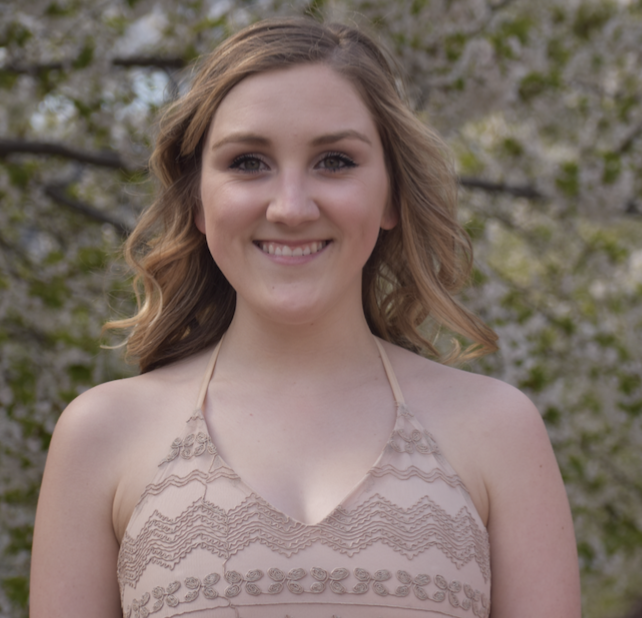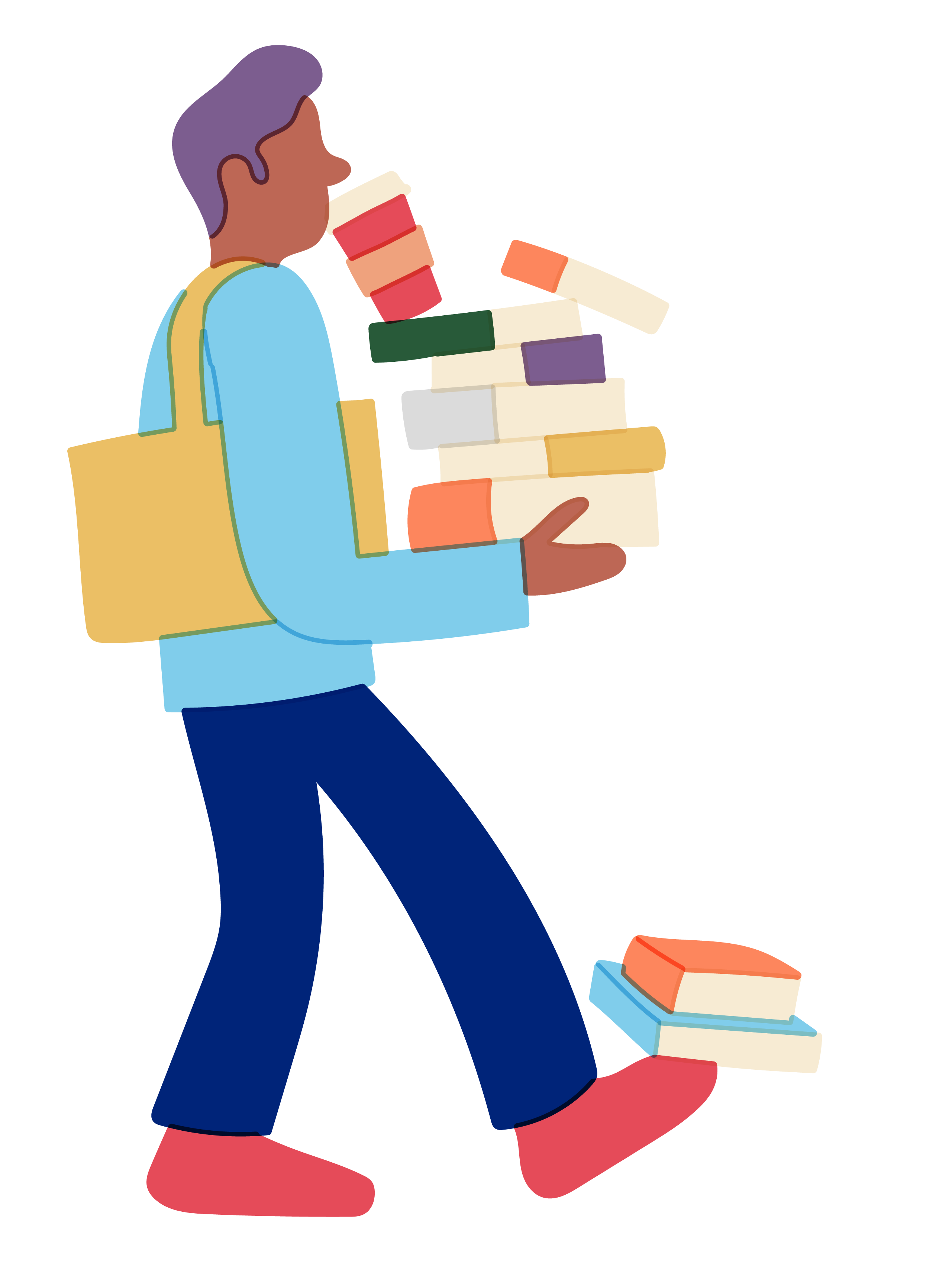Whether you're shopping around for graduate programs, making career decisions, or just learning more about something that interests you, informational interviews are a useful tool for gathering information and making connections that will enrich your professional network. So many of the opportunities that have been influential in my academic career have resulted from connections established or opportunities that I’ve learned about from an informational interview. An informational interview is exactly what it sounds like: a conversation with a professional in a specific field to gain information about that field. At the very least, an informational interview will allow you have to a conversation with someone in your field (generating a new LinkedIn connection, perhaps). At most, you can leave these interviews with newfound clarity about a career path, a new mentor who is invested in your success, or a recommendation for an employment opportunity.
LinkedIn, company/organization websites, references from existing contacts, alumni services, career/professional development events are all great places to look for these opportunities. It can help to be introduced by a mutual contact, but that is definitely not a requirement for a fruitful conversation. Once you have the contact information – reach out and introduce yourself! Ask when it would be convenient for a quick (30 min) chat. In my experience, people are usually excited to engage with someone reaching out with genuine interest in and respect for their professional experience.
Here are some tips for getting the most out of your interviews:
Come with specific questions
While many people are happy to talk at length about their experiences without too much prompting, it is always helpful to come prepared with questions for the interviewee. Think about what you want to learn and what someone with their specific professional background may be able to teach you before you meet with them. One of the most informative questions I like to ask is, “What specific skills or personal qualities are important to success in this role?” I often follow up on this question to ask for any recommendations for opportunities or experiences that would help build the required skills. This will help you get actionable advice! Other great questions can be as simple as “What does an average workday/week look like?” or “Do you recommend anyone else I should speak with?”
Keep organized records
If you’re anything like me (incredibly eager though prone to being overwhelmed), it can be easy to flood your brain with too much information to the point that it just gets lost. I have found it very helpful to stick to a simple but effective organization system. I have a folder on my computer (nested within a broader folder on professional development and career planning) specifically for networking and informational interviews. I keep a document where I save the names and some professional details of potential interviewees, and the status of our meeting(s). I also have another document where I take notes on the meeting. I take some notes during the meeting, but I always reserve 15 minutes after the conversation ends to reflect, summarize, and record anything noteworthy while the conversation is still fresh in my mind. Be sure to highlight any specific next steps, and don’t forget to follow up and thank the interviewee for their time!
Be genuine - let your enthusiasm show!
While you are building a network, it is important to maintain professionalism—but don’t let that turn you into a robot! The most senior experts in your field are still humans, and I have found that I build more lasting relationships and have more enlightening conversations when I can connect to that humanity. Let your personality show through in your conversation. Don’t be phony, but don’t hold back on your enthusiasm! Trust me, nothing is more flattering than someone genuine interest and excitement in your lifelong work.


Comments